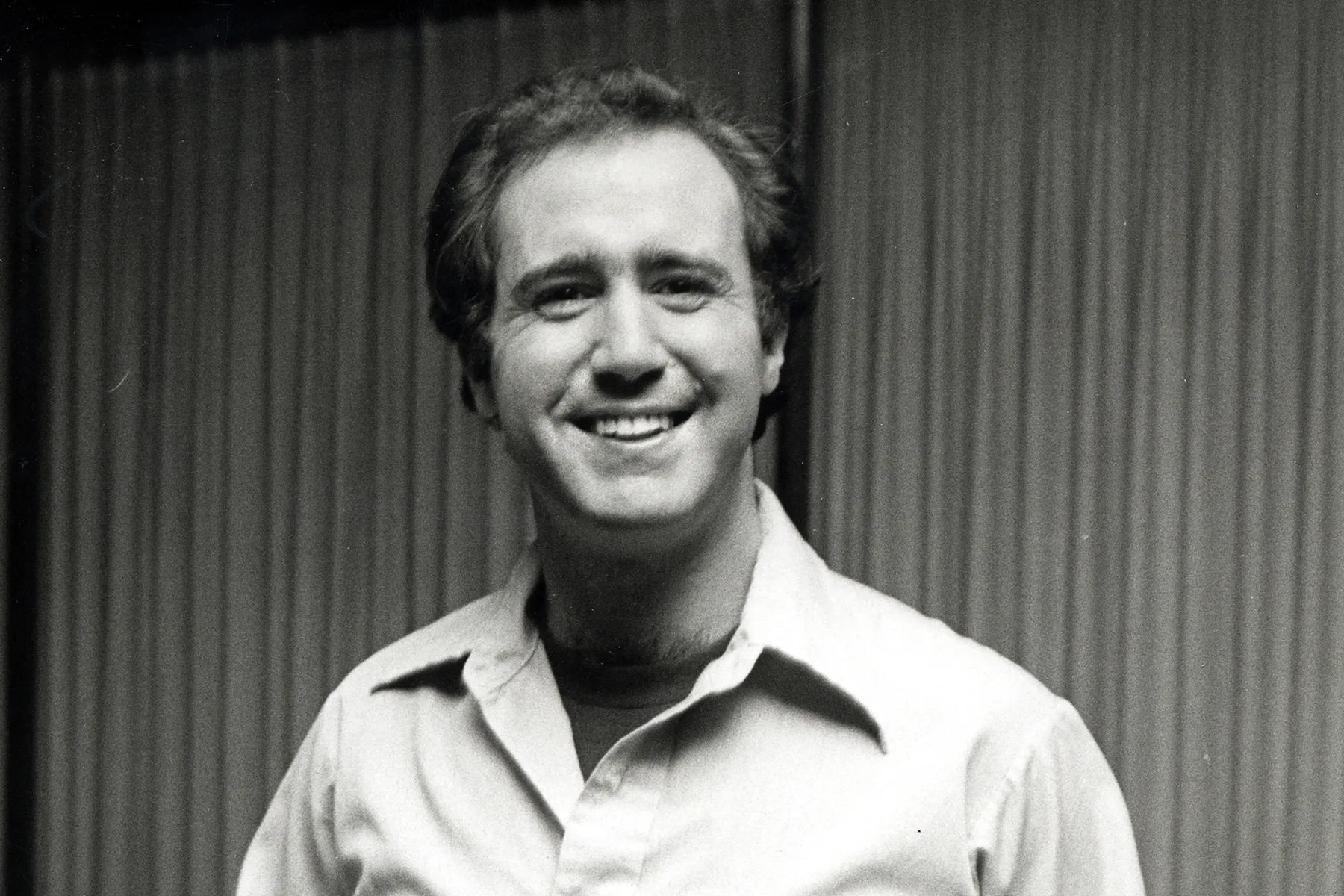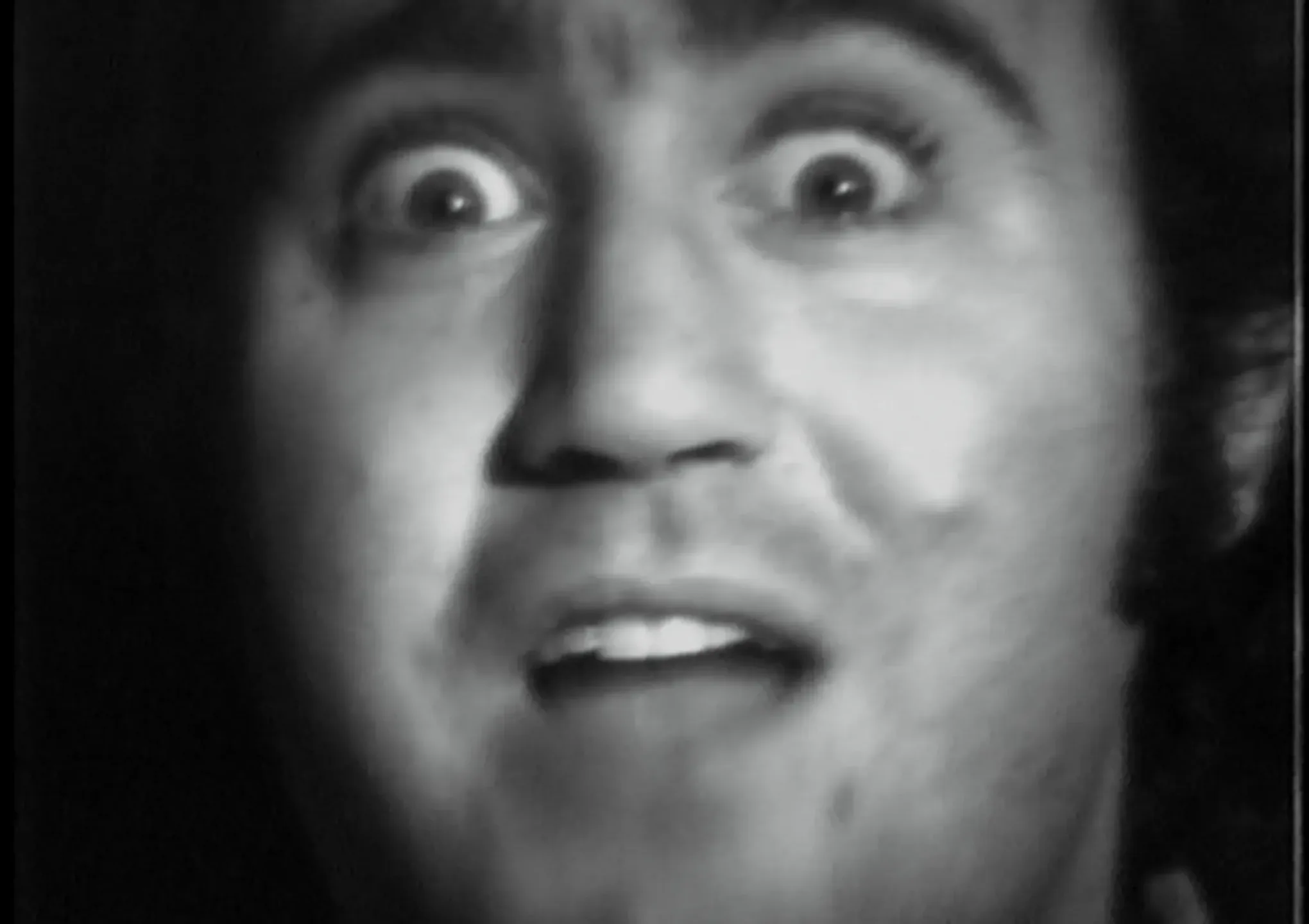Alex Braverman’s documentary, “Thank You Very Much,” extends an invitation not merely to revisit the life of Andy Kaufman, but to enter the labyrinthine construction of his public and private existence. The film positions Kaufman from the outset as more than a comedian; he is presented as a persistent question mark in the annals of entertainment, an artist who weaponized bewilderment. Its stated purpose appears to be a deep dive into this singular figure, a performer whose primary medium was the ever-shifting line between authenticity and artifice.
The initial framing prepares the viewer for an encounter with a subject who was as dedicated to provoking discomfort as he was to eliciting any conventional form of amusement, suggesting that the narrative of Kaufman is one of deliberate, often maddening, obfuscation. This cinematic exploration promises a careful look at the architect of so much inspired chaos.
Deconstructing the Man Who Wasn’t (Entirely) There
The film meticulously builds its portrait of Andy Kaufman around a central, perhaps irresolvable, enigma: who was he, truly? “Thank You Very Much” presents Kaufman not as a singular personality but as a collection of meticulously crafted, often contradictory, selves.
He is the comedic innovator, yes, but also the committed artist willing to alienate, and, as the documentary does not shy from showing, frequently a profoundly difficult individual. The narrative demonstrates how Kaufman intentionally cultivated this ambiguity, treating his own identity as a performance piece.
His various personas, most notably the abrasive lounge lizard Tony Clifton, are shown not just as characters but as integral components of his life’s work, functioning as both extensions of some inner impulse and as shields against genuine scrutiny.
The documentary threads a narrative line back to a formative childhood experience—the shielded truth about his grandfather’s passing—suggesting this event as a potential wellspring for a lifetime of performative deflection and a deep-seated need to control the terms of engagement, ensuring reactions were always on his terms, even if those reactions were fury or utter confusion.
Assembling Andy: The Documentary’s Method
Director Alex Braverman approaches the task of chronicling Kaufman’s life with a blend of archival immersion and witness testimony. The story is largely woven from a rich tapestry of historical materials: performance clips that still crackle with unpredictable energy, rare television appearances, intimate home movies, and revealing audio recordings, including Kaufman’s own musings on his elaborate public games.
This approach places Kaufman’s voice and actions at the forefront of his own narrative. The film’s structure largely follows a chronological trajectory, tracing Kaufman’s ascent from quirky club act to television notoriety on “Taxi” and “Saturday Night Live,” yet it allows for detours that capture the “unraveling” quality of his public persona. Interviews provide the connective tissue.
Perspectives from family members offer glimpses into his early development, while collaborators like Bob Zmuda and manager Howard West speak to the mechanics of his provocations. Fellow entertainers, including a bemused Danny DeVito and a reflective Steve Martin, help situate Kaufman’s antics within the freewheeling 1970s comedy scene, an era the film depicts as uniquely receptive to his brand of disruption.
Artists like Laurie Anderson, who participated in his stunts, reveal the collaborative nature of some of his most infamous moments, such as his intergender wrestling championships or the legendary Carnegie Hall show that culminated in milk and cookies for the entire audience. The film’s construction mirrors its subject in a way; it’s a carefully assembled collection of moments that seeks to define someone who resisted easy definition.
The Lingering Echo of a Performance
“Thank You Very Much” does not claim to have cracked the Kaufman code; instead, it seems to revel in the enduring power of his ambiguity. The film ultimately portrays Kaufman as an artist whose most significant creation was his own life, presented as an elaborate, sustained performance.
It diligently catalogues the fallout of his confrontational style – the genuine anger, the bewilderment, the bruised egos – yet it also captures the strange affection many felt for him. The documentary handles his early death with a sensitivity that acknowledges the persistent, Kaufman-esque rumors of it being his ultimate prank, without giving them undue credence, instead focusing on the very real loss.
Viewers are likely to leave with a sense of having witnessed a life dedicated with almost unnerving intensity to blurring lines, a commitment that transformed audiences into unwitting participants in his experiments.
The film succeeds by offering a multifaceted view, resisting the urge to either canonize or condemn, instead presenting Kaufman as a unique force whose influence is discernible in the way certain contemporary performers play with audience expectation and the very nature of a “show.”
Thank You Very Much premiered at the 80th Venice International Film Festival and was released in the U.S. theaters on March 28, 2025.
Full Credits
Director: Alex Braverman
Writers: Alex Braverman
Producers: Lauren Belfer, Alex Braverman, Joe Plummer
Executive Producers: Benny Safdie, Josh Safdie, Rick Rubin, Jenifer Westphal, Morgan Neville, Ronald Bronstein, Caitrin Rogers, Charles Braverman
Cast: Andy Kaufman (Self, archive footage), Bob Zmuda, Lynne Margulies, Steve Martin, Danny DeVito, Marilu Henner, James L. Brooks, James Burrows, Laurie Anderson, Bob Pagani, William Knoedelseder, Melanie Chartoff, Pamela Paradowski, Dennis Raimondi, Laurie Simmons, Buzz Allen, Bob Roth, Bijan Kimiachi, Miss Ruby Tuesday
Cinematographers: Brandon Somerhalder, Jeremy Leach
Editors: Jarad Jeter, Alan Lowe
Composer: Christopher Bear
The Review
Thank You Very Much
"Thank You Very Much" is a meticulously crafted documentary that successfully navigates the deliberate chaos of Andy Kaufman's life and art. It offers a compelling, insightful exploration of his enigmatic persona, wisely choosing to illuminate rather than definitively explain its subject. The film stands as a thoughtful and engaging examination of a performer who turned his own existence into a perplexing, unforgettable narrative, making it a worthwhile watch for those intrigued by the boundaries of performance.
PROS
- Offers a meticulously crafted and insightful exploration of Andy Kaufman's complex persona.
- Effectively uses rare archival footage and diverse interviews to build its narrative.
- Thoughtfully examines Kaufman's provocative art without resorting to simple explanations or judgment.
- Successfully conveys the bewildering and deliberate nature of Kaufman's reality-bending performances.
- Presents a balanced and engaging look at an artist who turned his life into an enigma.
CONS
- Those seeking definitive answers to the Kaufman puzzle may find its embrace of ambiguity less satisfying.
- While thorough, its narrative structure is somewhat conventional for such an unconventional subject.
- Relies on some perspectives that might be quite familiar to individuals already deeply versed in Kaufman's story.


















































